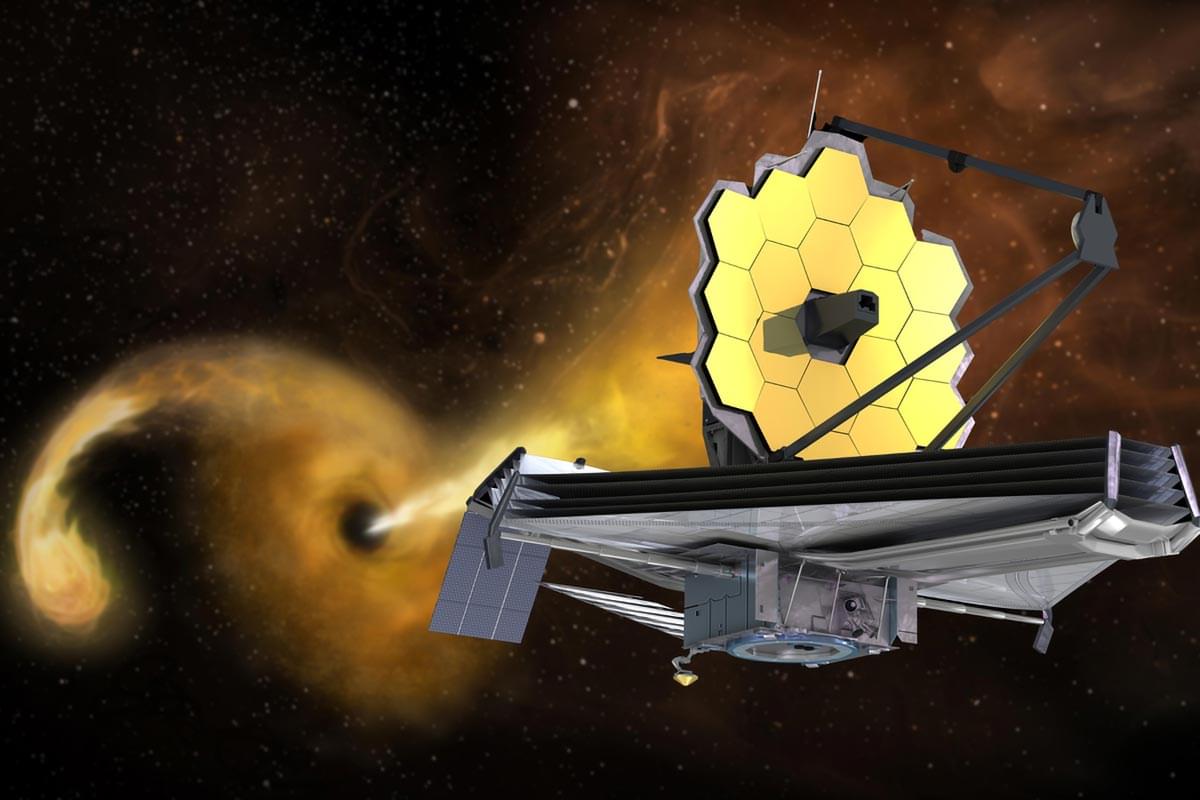As neural interfaces, cognitive augmentation, and generative models evolve at breakneck speed, we are beginning to integrate with our own creations.


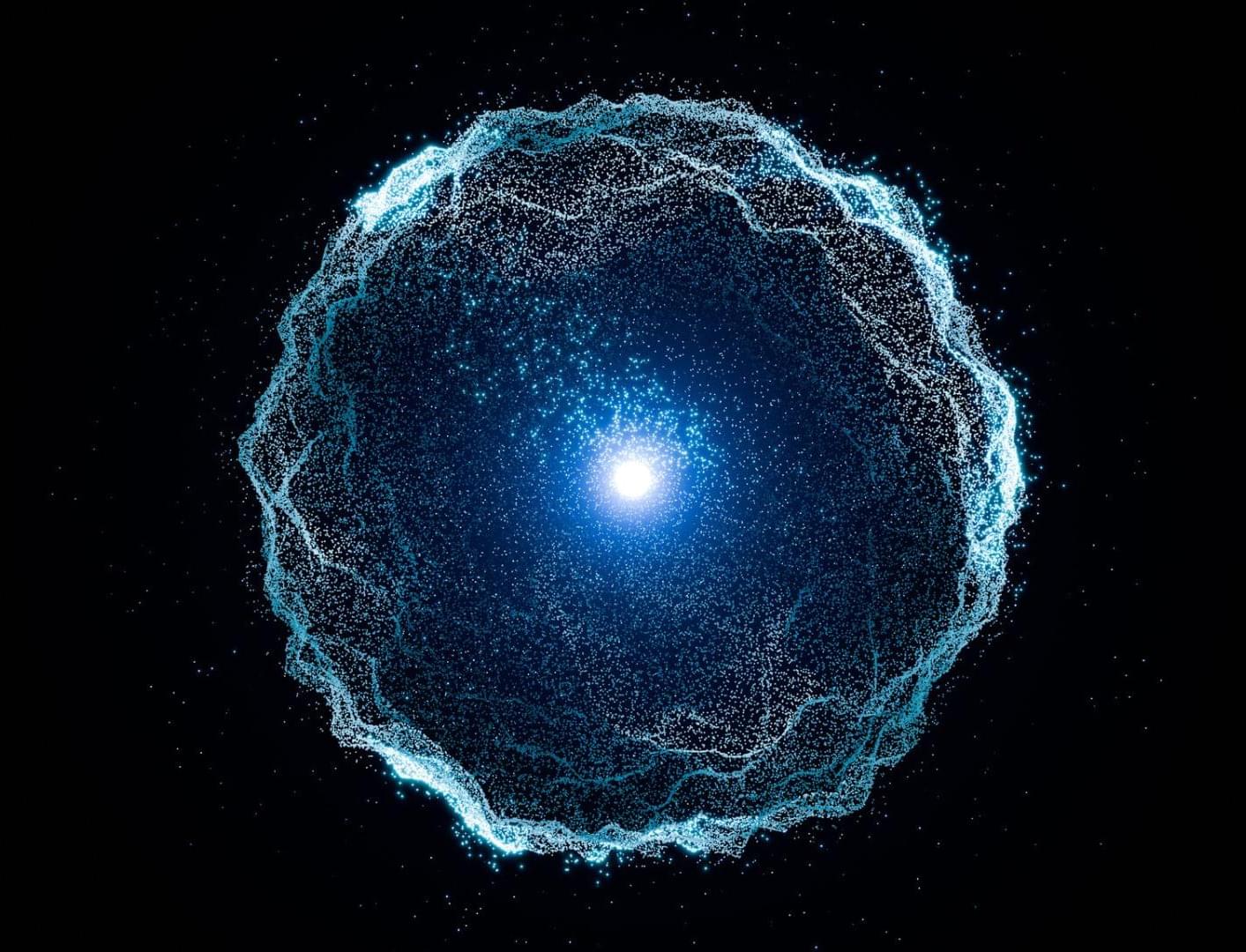
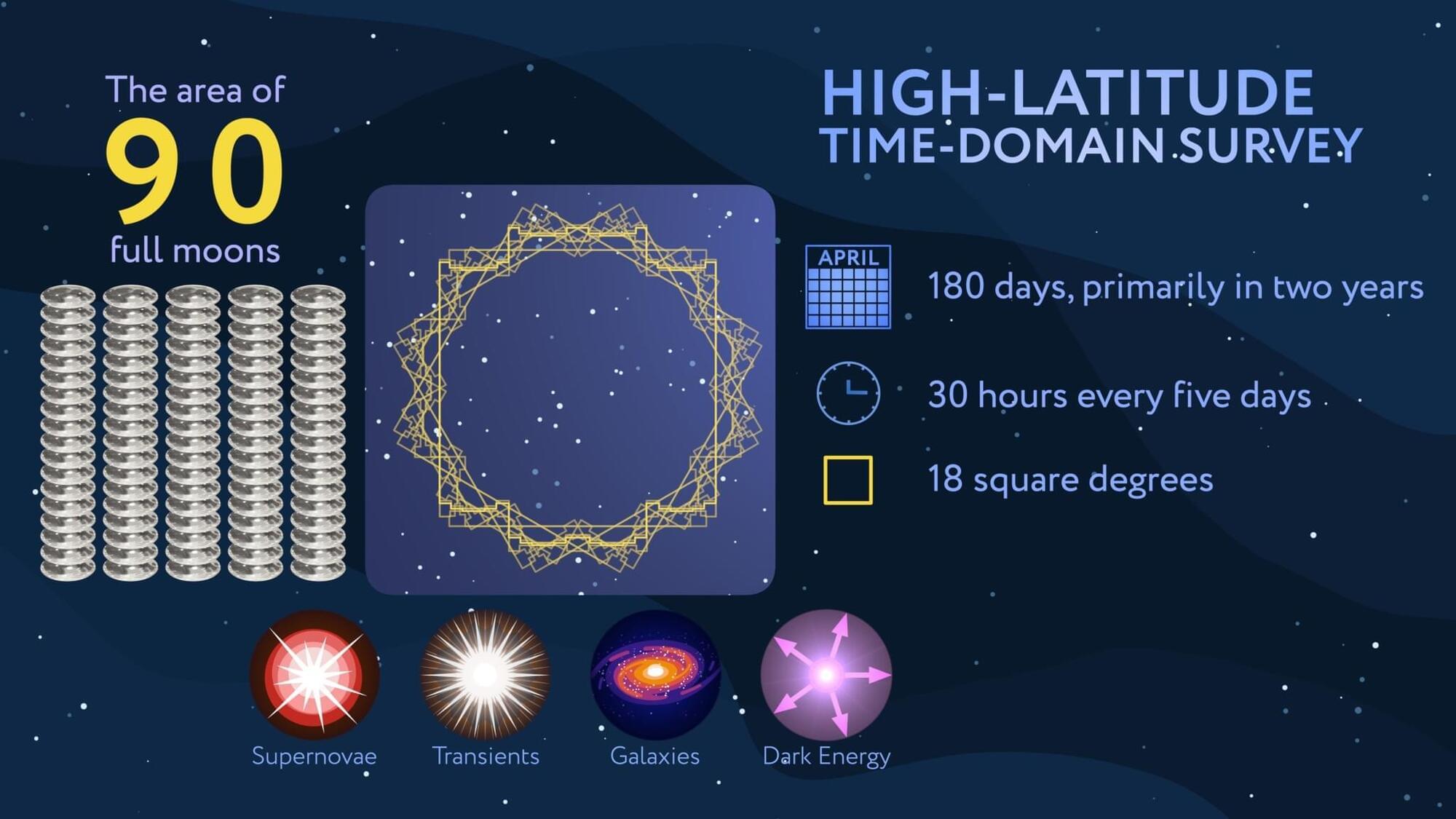
NASA’s Roman Space Telescope is set to embark on a deep-sky survey that could capture nearly 100,000 cosmic explosions, shedding light on everything from dark energy to black hole physics. Its High-Latitude Time-Domain Survey will revisit the same region of the sky every five days for two years, catching transient phenomena like supernovae — particularly type Ia, which are cosmic mileposts for tracking the universe’s expansion. Roman’s simulations suggest it could push the boundary of what we know about the early universe, observing ancient supernovae over 11.5 billion years old.
Scientists predict one of the major surveys by NASA’s upcoming Nancy Grace Roman Space Telescope may reveal around 100,000 celestial blasts, ranging from exploding stars to feeding black holes. Roman may even find evidence of some of the universe’s first stars, which are thought to completely self-destruct without leaving any remnant behind.
Cosmic explosions offer clues to some of the biggest mysteries of the universe. One is the nature of dark energy, the mysterious pressure thought to be accelerating the universe’s expansion.
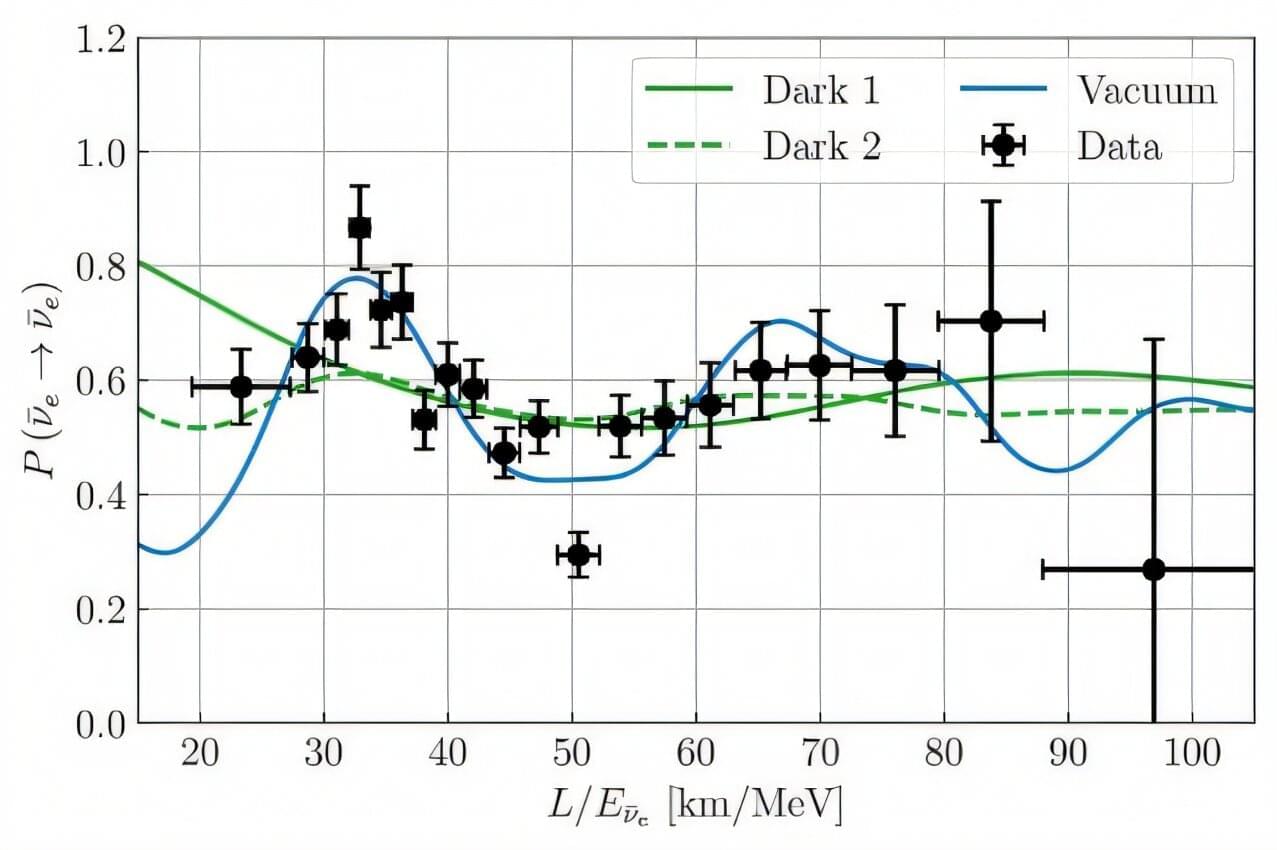
Neutrinos are fundamental particles characterized by no electric charge and very small masses, which are known to interact with other matter via the weak force or gravity. While these particles have been the focus of numerous research studies, the processes through which they acquire their masses have not yet been elucidated.
One hypothesis is that neutrino masses originate from interactions with ultralight dark matter, a type of dark matter theorized to be made up of particles or fields with extremely small masses below 10 electron volts (eV). Researchers at Shanghai Jiao Tong University and University of Salerno recently set out to test this hypothesis by comparing data collected by the Kamioka Liquid Scintillator Antineutrino Detector (KamLAND) experiment to theoretical predictions.
Their findings, published in a paper in Physical Review Letters, suggest that neutrino masses are not likely to have a dark origin.
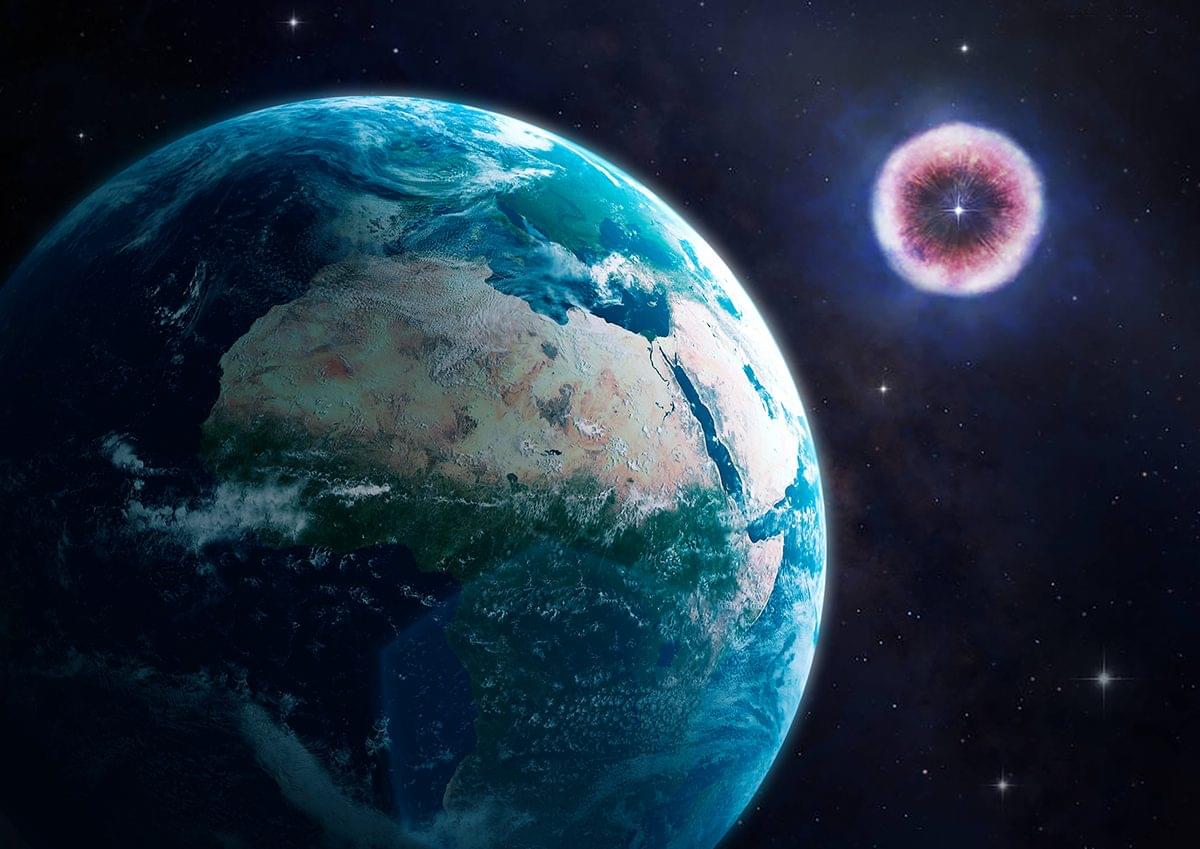
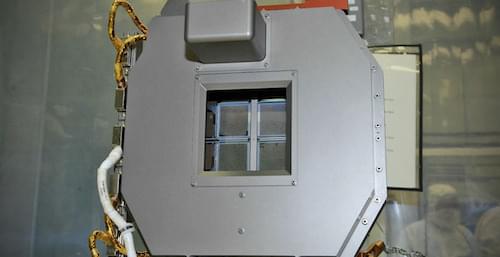
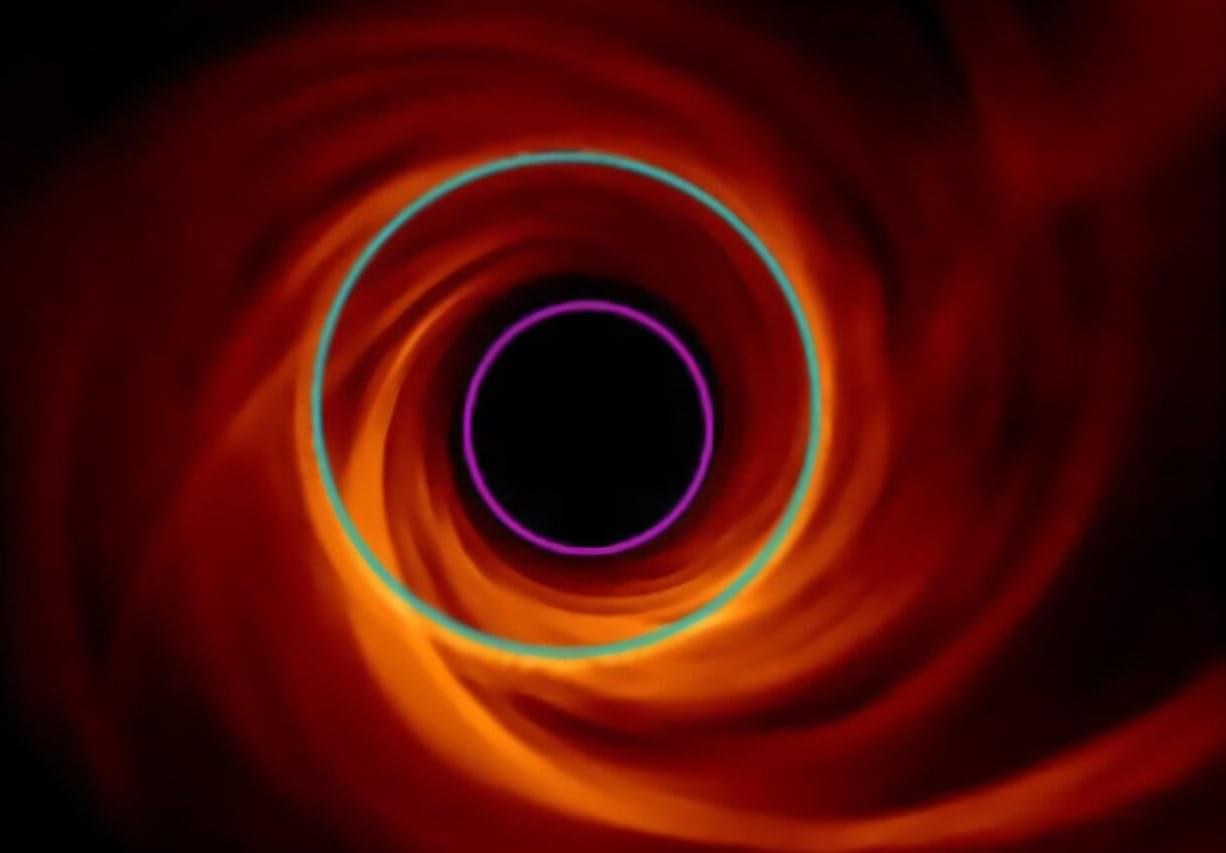
The first black hole images stunned the world in 2019, with headlines announcing evidence of a glowing doughnut-shaped object from the center of galaxy Messier 87 (M87 —55 million light years from Earth. Supercomputer simulations are now helping scientists sharpen their understanding about the environment beyond a black hole’s ‘shadow,’ material just outside its event horizon.
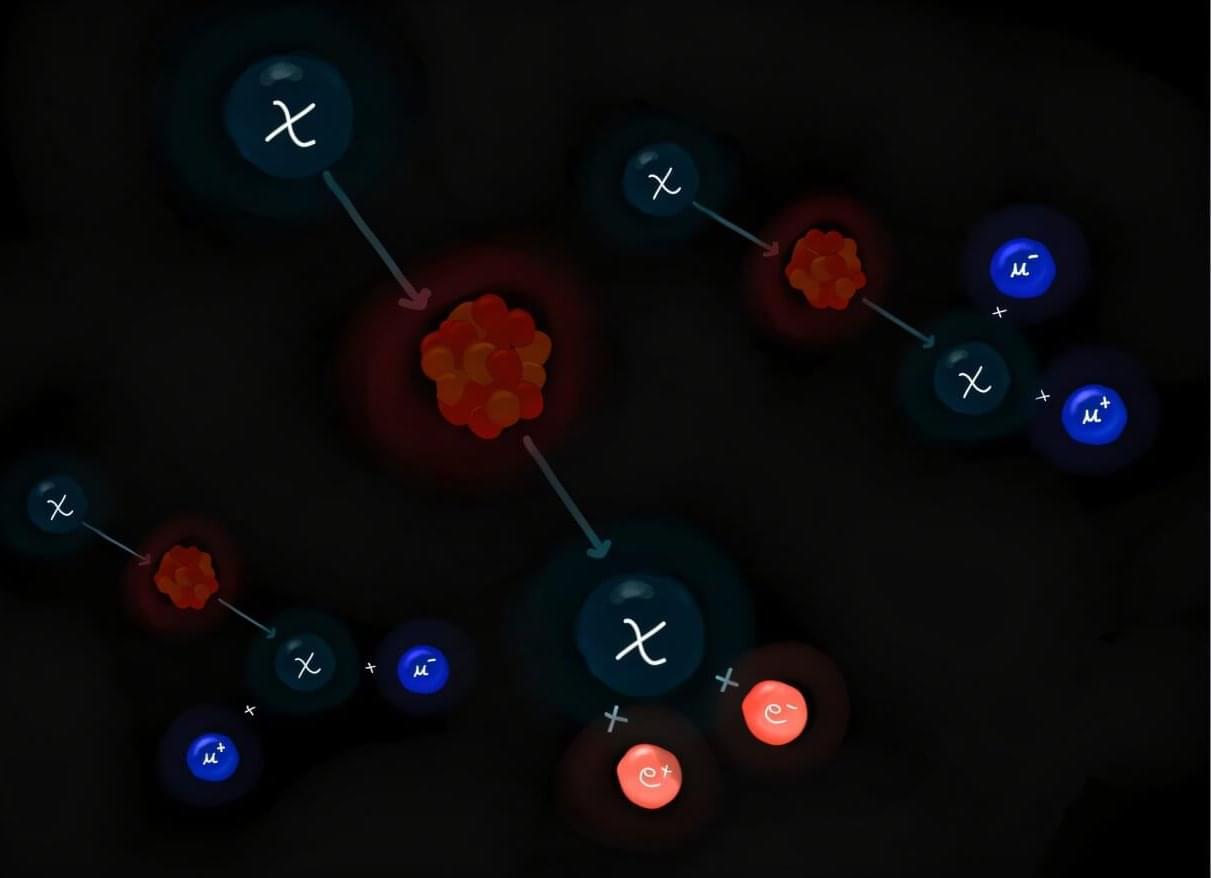
Dark matter (DM) is a type of matter estimated to account for 80% of the universe’s total mass, but it cannot be directly detected using conventional experimental techniques. As DM does not emit, reflect or absorb light, most previous dark matter searches were aimed at observing either its weak interactions with ordinary matter using highly sensitive detectors or other signatures linked to its presence or decay.
Researchers at Texas A&M University recently introduced a new approach that could enable the direct detection of this elusive type of matter, leveraging a process known as the DM internal pair production. Their proposed strategy, outlined in a paper published in Physical Review Letters, could open new possibilities for future DM searches focusing on a wide range of candidate particles.
“The particle nature of DM can be revealed when a DM particle scatters off a nucleus and produces a visible recoil signal,” the authors told Phys.org. “However, for light DM, transferring sufficient energy to a heavy nucleus is kinematically challenging, even if the DM is energetic. To overcome this limitation, we developed a framework where additional particles are produced in the final state, allowing the DM’s energy to be shared among them, while the nucleus remains largely at rest.”
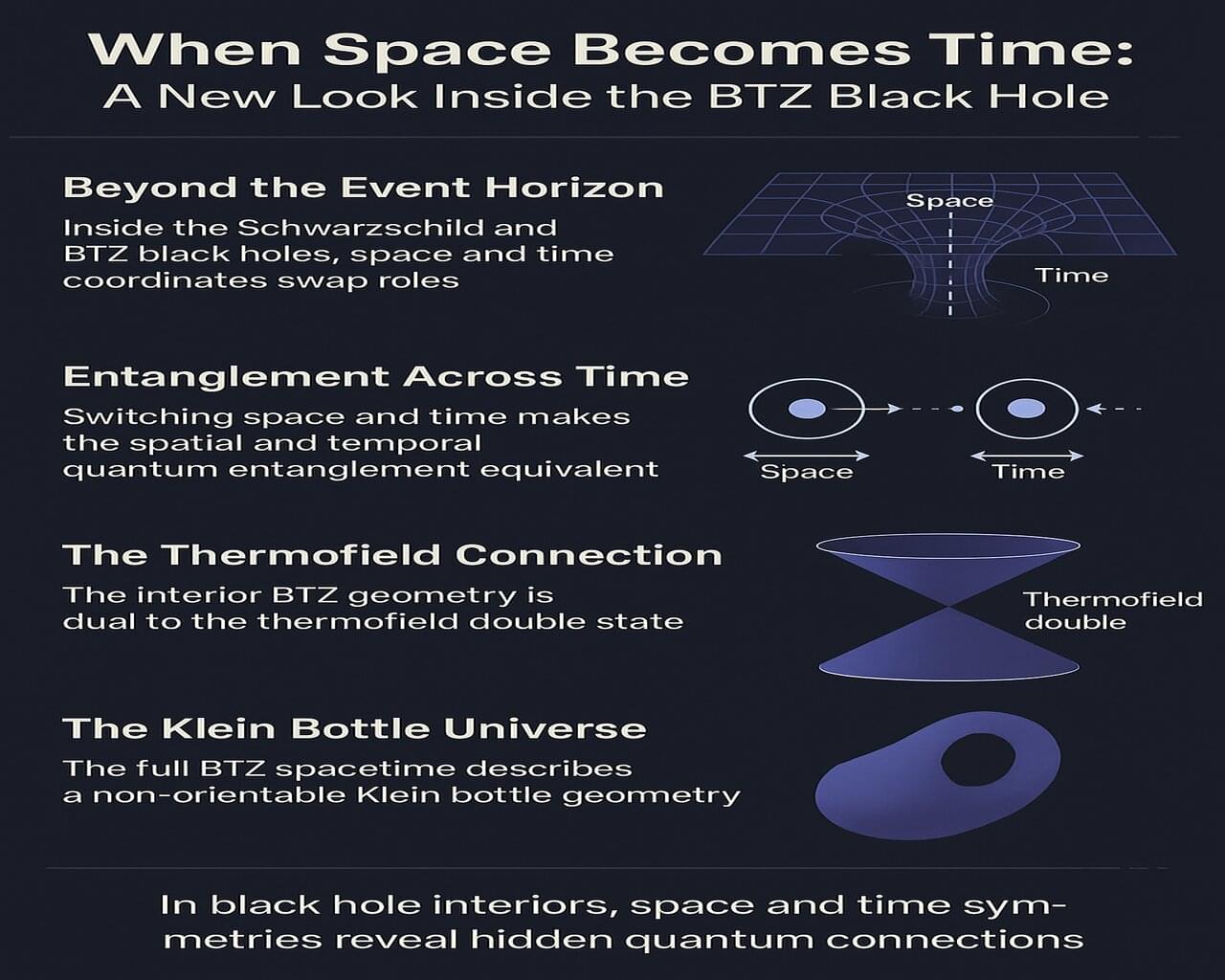
Exploring the BTZ black hole in (2+1)-dimensional gravity took me down a fascinating rabbit hole, connecting ideas I never expected—like black holes and topological phases in quantum matter! When I swapped the roles of space and time in the equations (it felt like turning my map upside down when I was lost in a new city), I discovered an interior version of the solution existing alongside the familiar exterior, each with its own thermofield double state.
